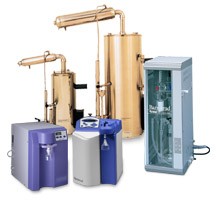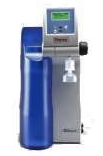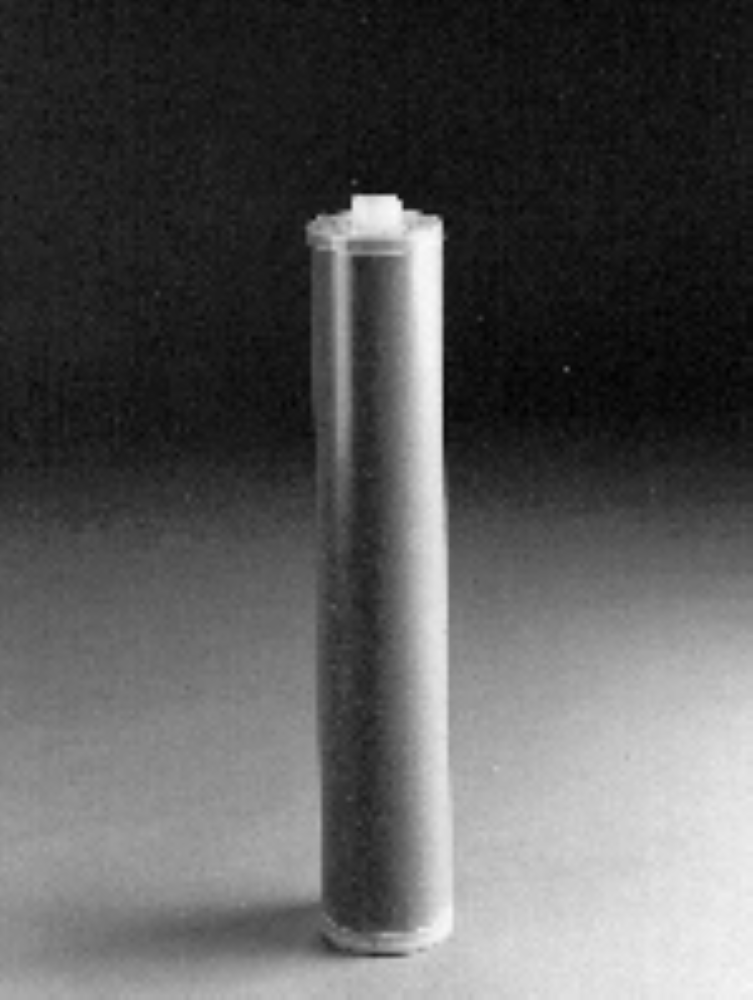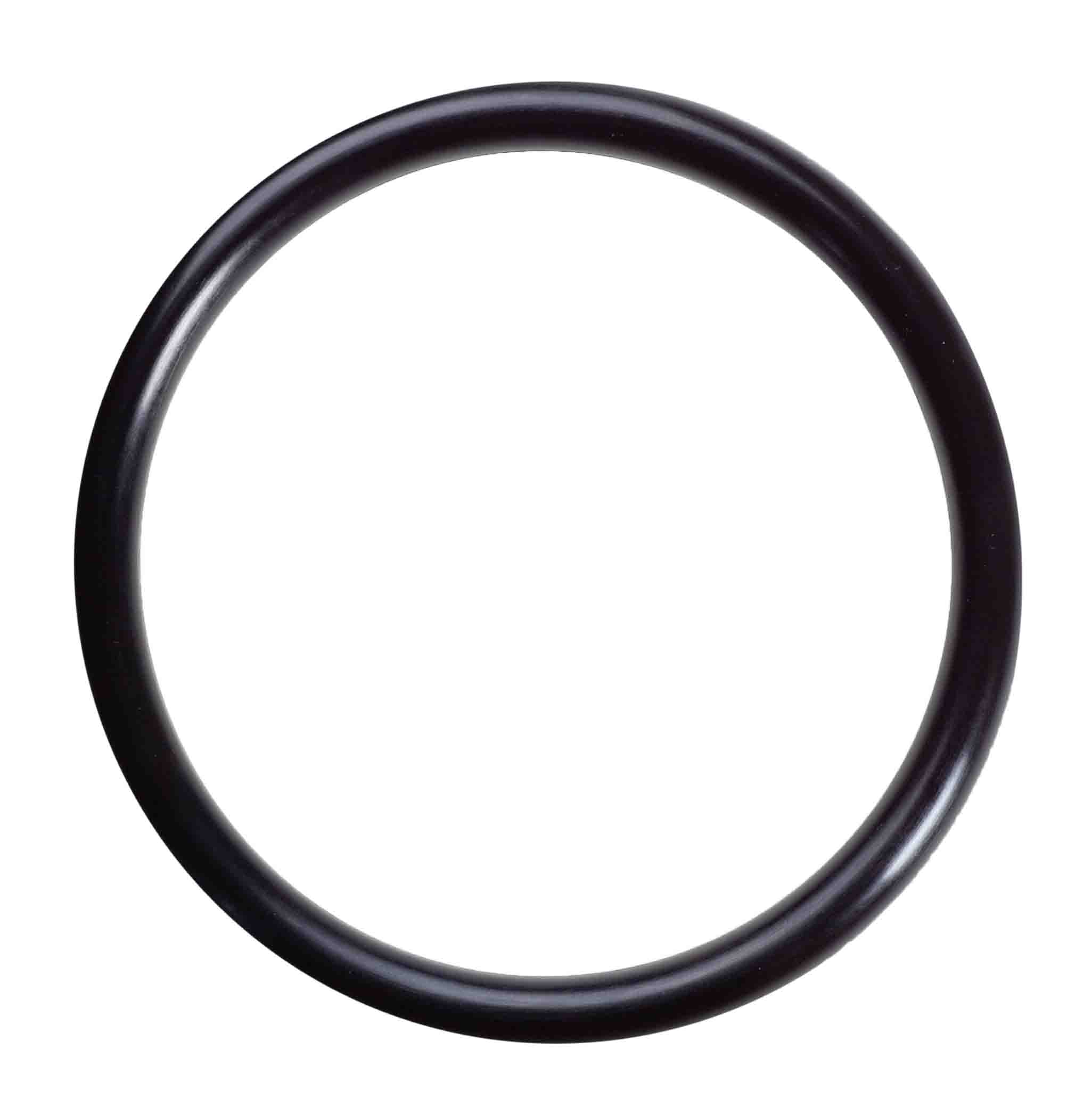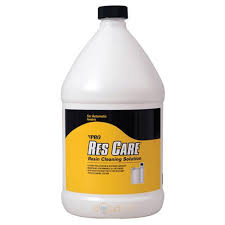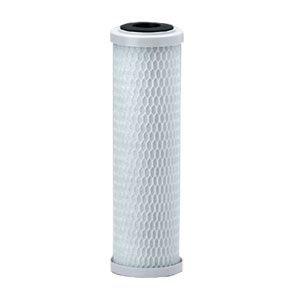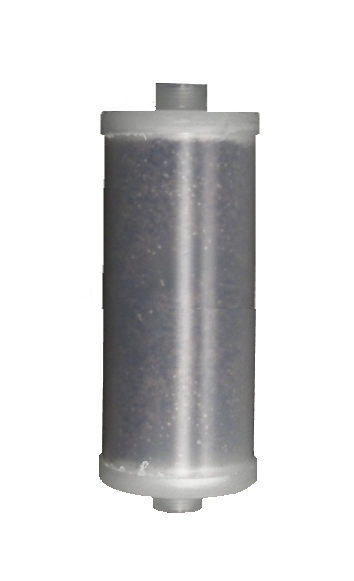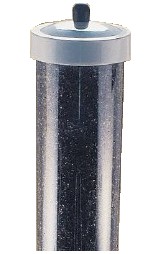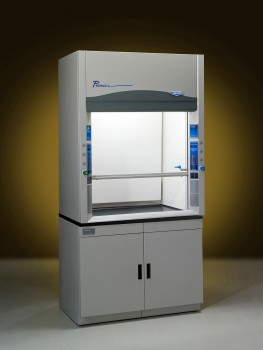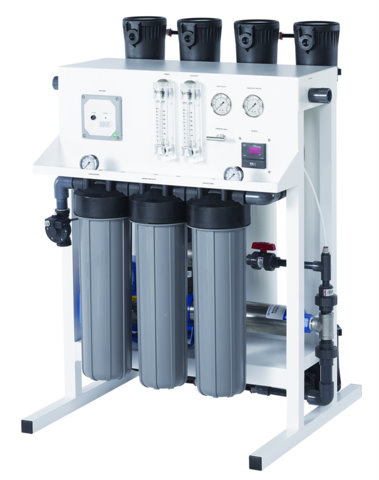Water Testing Scams of the Door to Door Water Filter Salesman
APS WATER offers these articles as a public service. We never cheat anyone and we want to help you not be cheated. APS WATER believes in an honest and transparent approach to providing water filtration products. You can trust our advice because it is backed by science.
Water Testing Scams
FTC Fact Sheet, 1993
Worried about the safety of your drinking water? You are not alone. Fears about the purity of our water have increased dramatically in recent years, along with news reports of leaking landfills, corroding lead pipes, and crumbling gasoline storage tanks tainting water supplies. These reports paint a gloomy picture of toxic wastes, pesticides, and other chemicals seeping into both well and ground water.
Also See :
News Stories About Our Water
Alkaline and Kangen Water Scam
Magnets and Magnetic Water Softeners Do Not Work - Fraud Devices
What are the Stages in my water Reverse Osmosis Water system?
The night I bought a water filter
Although most households using water from public sources should have few concerns, potentially harmful contaminants have been found in some water supplies. If you have serious questions about the safety of your drinking water, you can take the suggestions described in this fact sheet to have your water tested and, if necessary, buy a water treatment unit. This fact sheet also warns you about some home water testing scams, where unscrupulous salespeople use scare tactics and fraudulent methods to sell their water treatment devices.
Some Fraudulent Promotions
Not all companies offering water tests are legitimate. For example, fraudulent sellers that advertise "free home water testing" may only be interested in selling you a water treatment device, whether you need it or not. Because there is no charge for the "testing," you may be willing to allow a company representative into your home to check your water for impurities.
In doing the test, the representative may add tablets or drops of chemicals to your tap water, telling you the water will change color or particles will form if it is contaminated. When your water changes before your eyes, the representative may warn you that the water is polluted and may cause cancer. The best solution, you are told, is to buy the company's water treatment device. You should understand, however, that even spring mineral water would "fail" the company's test.
Others will try to sell you a water treatment device without testing your drinking water or without even suggesting it be tested. They may offer water purifiers as part of a prize promotion -- notifying you, either by mail or telephone, that you have been selected to win an expensive prize.
To qualify for the prize, you are required to buy a water treatment device, costing hundreds of dollars. Unfortunately, you may discover later that both the prize and the water purifier are of very little value. And you probably cannot cancel your order or return the prize and water purifier for a refund.
If you are invited to participate in such a prize promotion, do not be pressured into making a decision on the spot. Ask for a copy of the offer in writing and read it carefully. Sometimes sellers will tell you that they need your credit-card number for identification or verification, while in reality they want your number to make unauthorized charges to your account. Remember, never give your credit-card number over the telephone to someone you do not know.
Some FTC Cautions
The Federal Trade Commission suggests that you take the following steps before you have your water tested or you purchase any type of water treatment system.
* Avoid "Free" in-Home Water Tests.
Offers to test the tap water in your home for free are almost always part of a sales promotion. More important, in-home testing does not provide the specific, in-depth analysis that is required to determine if your water needs treatment and what kind of system is suited to your needs. For example, in-home water tests may only check for acidity/alkalinity, water hardness, iron, manganese, and color, but none of these are harmful. Avoid dealing with salespersons who tell you strictly on the basis of their in-home testing that your drinking water is polluted, contaminated, or bad for your family's health.
* Be Wary of Claims of Government Approval.
Fraudulent sellers use many different sales techniques. Some fraudulent sellers claim that certain government agencies require or recommend widespread use of purification systems. Others claim that the government has approved a particular method for in-home water testing. Still others claim that the government has approved or licensed a particular water treatment unit or purification system. All of those claims are false.
The government does not endorse water tests or water treatment products. If you see an Environmental Protection Agency (EPA) registration number on a water treatment product label, it merely means that the manufacturer has registered its product with the EPA. A registration number does not mean the EPA has tested or approved the product.
* Determine the Quality of Your Water Independently.
To learn about the quality of your water, ask your local water superintendent for the latest test results of the public water supply and then compare them to state and federal standards available from your state government and the EPA. If you use well water, ask your local or state health department if it offers free water testing. Most will offer it for bacterial contaminants.
* Arrange for An Independent Test.
If you are concerned about the results you got from your local water superintendent or are worried about possible contaminants in your water supply, have your water tested by a private laboratory that is certified by your state health department or environmental agency. To find out where you can get a list of state-certified laboratories, call the EPA's Safe Water Drinking Hotline at 1-800-426-4791.
When having your water tested, deal with the laboratory directly. Some fraudulent sellers ask for a sample of your water to send to an independent laboratory for testing, and then alter or misrepresent the laboratory's test results.
You should understand that the costs of different water tests vary widely. Tests for bacteria range from $15 to $45, while tests for chemical contamination can cost hundreds, even thousands of dollars, depending on the depth of the analysis.
* Decide What You Need.
If tests on your water indicate problems, the next step is to determine what type of system you need to treat the water. This can be a difficult decision because there is a wide variety of water treatment devices on the market today. Water purifiers range from relatively low-cost, simple filter devices for a kitchen faucet to more expensive, sophisticated systems that treat water from its point of entry into a home.
Keep in mind, no one water treatment device can solve every problem. Some systems only soften water by removing calcium and magnesium, while others eliminate virtually all minerals and other foreign matter present in the water. Ask the testing firm or local government officials what kind of water treatment or purification system will suit your needs.
* Comparison Shop.
Remember, first you need to identify the water problem, and then you need to shop for the right device or filter to correct the problem. Once you decide to purchase a particular type of water treatment system, you will have to make choices in terms of price, installation, maintenance, and warranties. To become familiar with the most commonly available treatment methods and devices, ask for a free copy of the FTC's brochure "Home Water Treatment Units," developed in cooperation with the EPA.
COMMON BOTTLED WATER MYTHS
Bottled water costs 1000 TIMES more than tap water. There are hundreds of brands of bottled water in the U.S. today. Generally, standards for bottled water are no more stringent than those for public water systems.
Before you spend your money on bottled water, you should know that at least 25 percent of bottled waters come from municipal sources. In some regions of the country, where city tap water is of excellent quality and bottled water is only marginal, you might actually do worse with stuff from the supermarket. By reading labels carefully, you might be able to determine how the water was bottled, and whether it is superior to what is coming out of your tap. Some marketing claims for bottled water are strictly regulated; others are meaningless.
Meaningless words include:
GLACIER
NATURAL
ORGANIC
PURE
SPRING WATER simply means (according to FDA definition) "Water that comes out of the ground on its own, or water that is bottled NEAR water that comes out of the ground on its own."
We suggest that you ask the following questions when you buy your water treatment equipment.
How long have you been in business? Do you have referrals I can contact?
Must I treat the whole house or only the kitchen tap? (As long as water isn't consumed from any other tap.)
What is the total capacity of the treatment product in gallons per day?
What are the installation and maintenance costs of the treatment product?
Will the treatment product considerably affect the electrical consumption in my home?
Is there any warning light or indicator if the equipment malfunctions?
How often should I re-test my water after installation?
What is the life expectancy of the product?
Is there a warranty? If so, what exactly does the warranty cover?
Source : Federal Trade Commission Website - FTC
|
Images are representative of the products. Images may or may not be of the actual product. If it is important e-mail us for an actual image if available.
* Flat Rate UPS shipping when able to ship via UPS and is in the USA excluding Hawaii and Alaska.
Larger Items may not be able to ship via UPS, in that case freight charges will be quoted seperately.
International shipping will be quoted after the order is placed. You will have the opportunity to cancel before we finalize your order.
Terms and conditions
Credit Application
Privacy
Policy
List All Products
|
